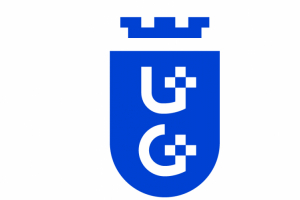
Quantum Information Technology (QIT) is an emergent interdisciplinary field of study that combines the areas of physics, mathematics, and computer science. By joining the Quantum Information Technology Master’s programme you will acquire the necessary knowledge and skills in the theory and applications of the technological aspects of quantum information theory. This Master’s programme runs over two academic years, and is fully taught in English. The main focus of the study will be on theoretical aspects of QIT, while studies of physical implementations are also included. In the second yearr of the studies, the students participate in 2 research project conducted at University of Gdansk, and prepares a Master Thesis based on one of them.
The programme covers four core sections:
Example of a curriculum of a student interested in physical implementations of Quantum Information Technologies. Research/Proffessional projects are offered by research groups at the Institute of Theoreetical Physics and Astrophysics (IFTiA), as well as International Centre for Theory of Quantum Technologies (ICTQT).
Special features
Joining the Quantum Information Technology Master’s programme you have the opportunity to:
Thriving topics you will learn about include:
Employment perspective
In this interdisciplinary field of study, the employment scope is broad:
|
kryteria kwalifikacyjne |
uwagi |
|
1. Konkurs ocen na dyplomie – max 40 pkt 1) 2. Rozmowa kwalifikacyjna – max 60 pkt. Wynik kandydata stanowi suma punktów uzyskana za ocenę na dyplomie i ocenę z rozmowy kwalifikacyjnej. Progiem kwalifikacji jest uzyskanie min. 30 punktów z rozmowy rekrutacyjnej. Rozmowa w języku angielskim na temat zainteresowań, podstaw fizyki, w szczególności podstaw mechaniki kwantowej. Warunkiem dopuszczenia kandydata do rozmowy kwalifikacyjnej jest dodanie przez niego w systemie IRK CV uwzględniającego przebieg dotychczasowej edukacji i zainteresowań naukowych.
1) Zasady przeliczania oceny na dyplomie na punkty określa § 12, ust. 2 i 3 Uchwały Senatu. |
O przyjęcie na studia ubiegać się mogą absolwenci studiów wyższych.
* Studia odpłatne prowadzone w języku angielskim. Wysokość odpłatności ustala Rektor zarządzeniem.
|
